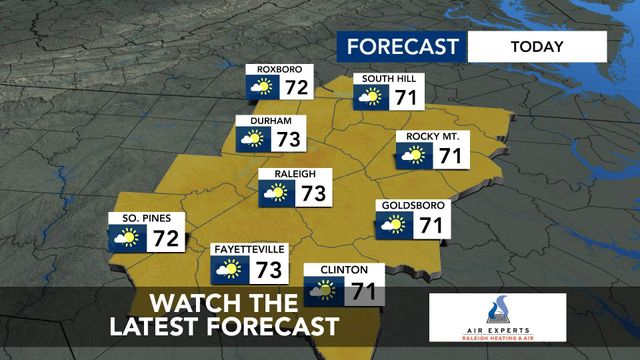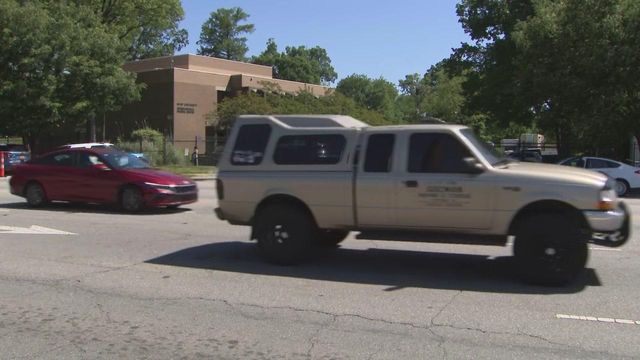Documents: UNC system president didn't report board seats

Records obtained by a North Carolina news outlet show the interim president of the University of North Carolina system and former chief executive of the UNC Health Care System failed to disclose his seats on the boards of major corporations while those corporations did business with the state.
WBTV reports it obtained records from 2011 to 2019 that reveal Dr. William Roper serves on the UNC Health Care System board as well as having served on the DaVita Inc. board and the boards of three successor companies in pharmacy benefits administration.
Records show Roper made around $5 million from his board involvements. The omissions on Roper's forms came as some of the companies conducted business with the state.
Roper stated he recuses himself from matters that might pose a conflict of interest and has filed amended forms.
UNC Board of Governors Chairman Harry Smith said Roper's service on corporate boards "was well known" while he led UNC Health Care, inlcuding in statements on the health system's website.
"Dr. Roper also fully disclosed his board service to us when the Board of Governors appointed him as interim president and received authorization to continue his service," Smith said in a statement.
"We have reviewed this matter, and we are aware of no instance in which Dr. Roper ever involved himself in a decision that presented a conflict. In fact, documents produced by the UNC Health Care System demonstrate that he was careful to avoid any conflicts," Smith said.
State Ethics Commission staff "clearly acknowledged" Roper's disclosures in a recent evaluation of his statements of economic interest, Smith said, and advised him "to do as he has always done" and exercise caution and avoid any conflicts of interest.











